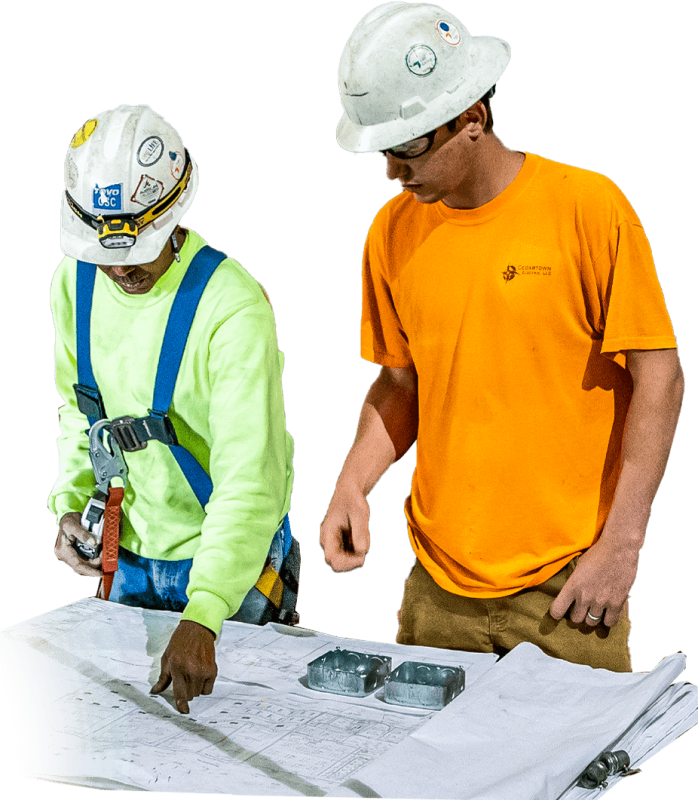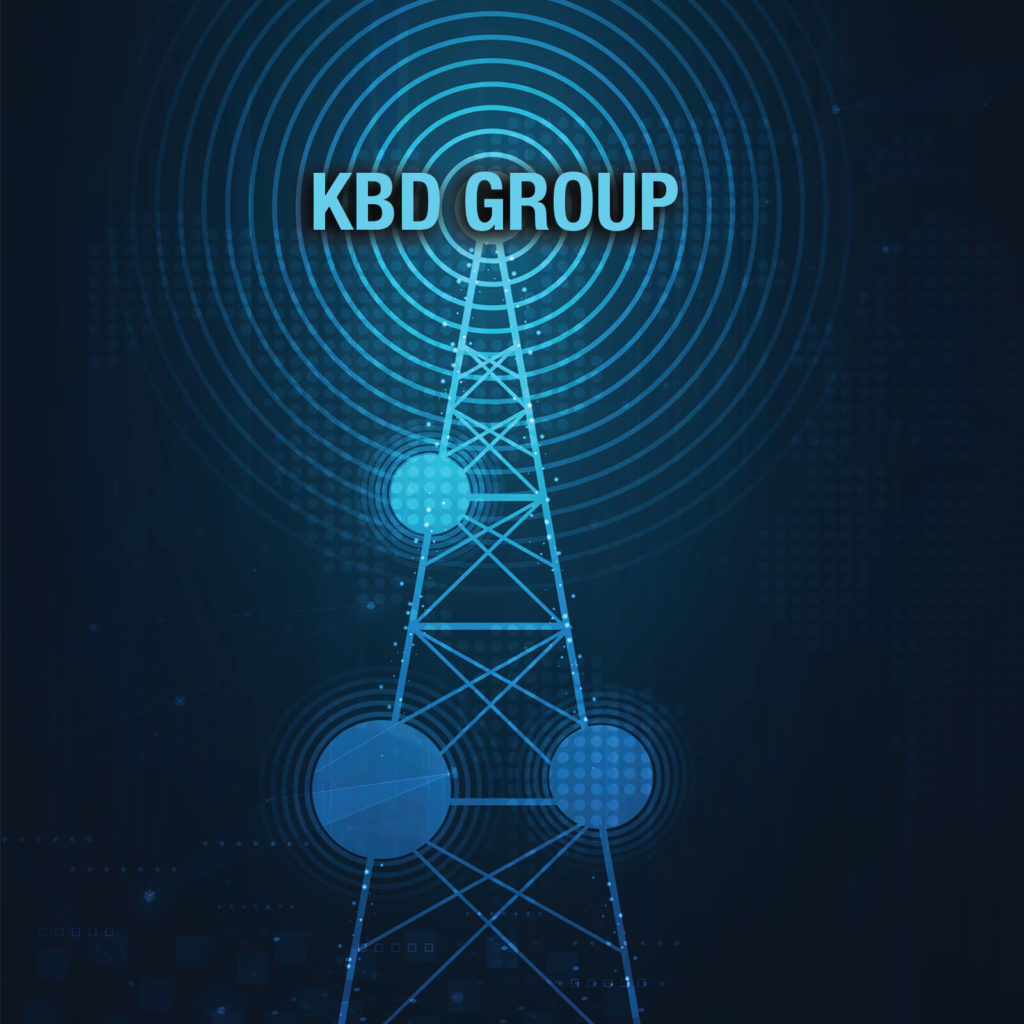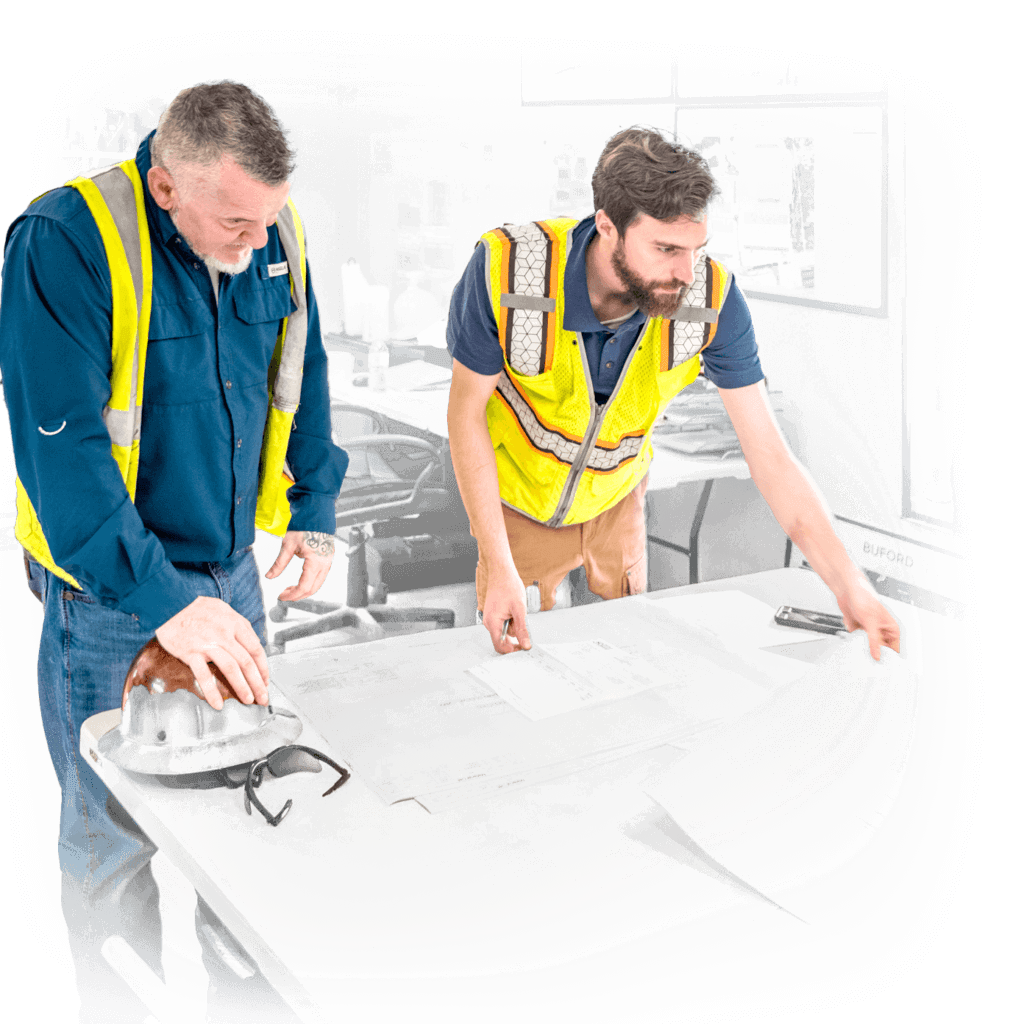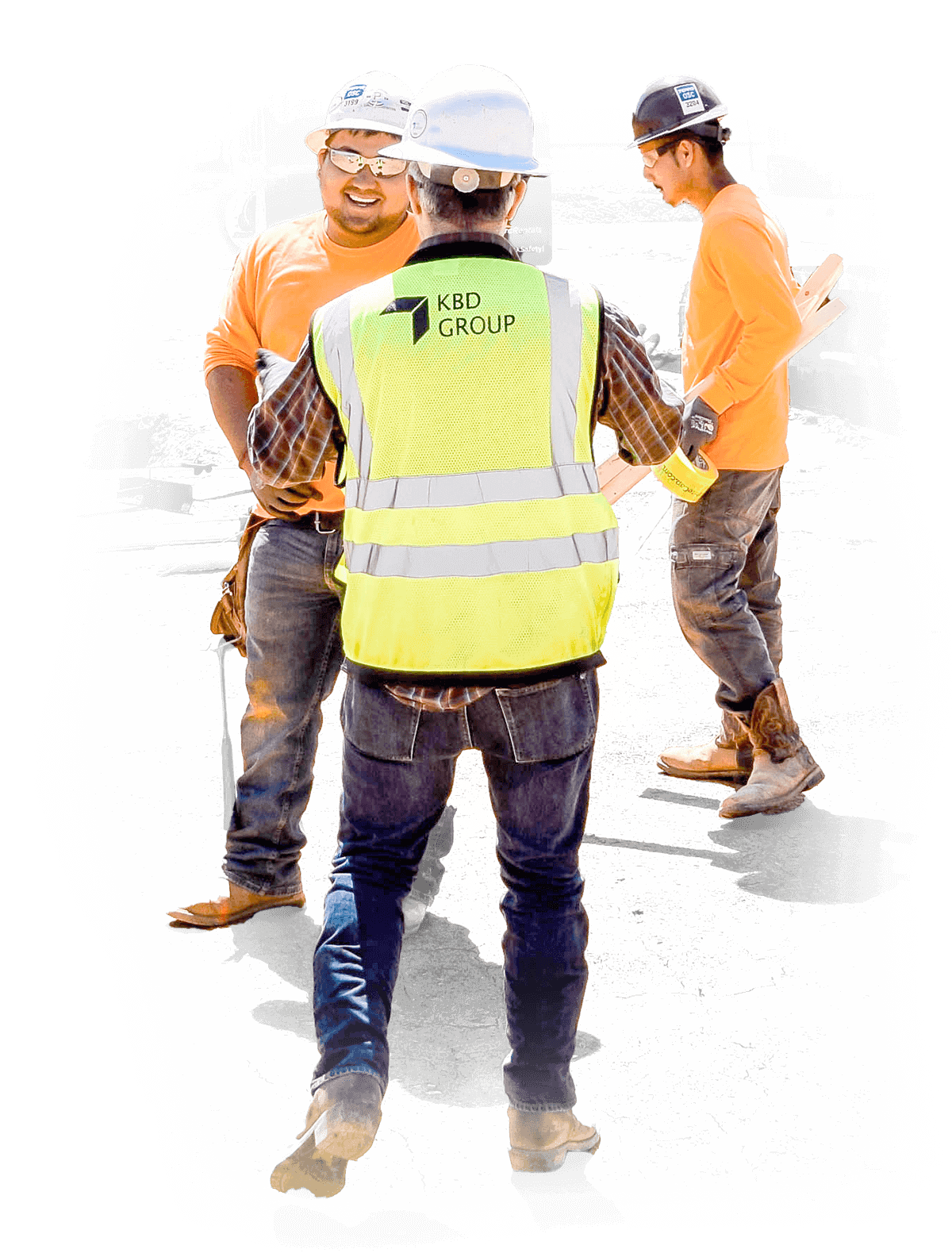




THE 5 PILLARS
Of Healthy Client Communication
The 5 Pillars of Effective Client Communication
Lost communication is one of the most common problems on construction projects. It can lead to misaligned expectations, misunderstandings, and even conflict. When communication breaks down, it can be difficult to get everyone back on the same page. Lost communication can cause construction projects to fall behind schedule and go over budget. At KBD Group, we believe that healthy and effective communication with our clients, employees, and trade partners is essential to the success of any project. We have identified five key pillars of client communication that we believe are essential for achieving success: transparency, empathy, self-awareness, context, and flexibility. By adhering to these pillars, we can build strong relationships with our clients based on trust and mutual understanding.


1. Transparency
2. Empathy


3. Self-Awareness
4. Context


5. Flexibility
Helping our Clients Succeed
At KBD Group, we understand the importance of effective communication in construction. By maintaining open lines of communication with our clients, we can avoid misunderstandings and reduce the number of change orders. As a result, our projects are completed on time and within budget. We believe that effective communication is essential for the success of any construction project. By keeping our clients informed and up to date on the latest developments, we can ensure that their needs are met and that the project is completed to their satisfaction. Contact KBD Group today to learn more about our communication services. We will be happy to answer any questions you may have. Thank you for your interest in KBD Group.
© 2024 Kajima Building & Design Group. ALL RIGHTS RESERVED
Website designed by KBD Group Marketing Department